The Opioid Rapid Response System (ORRS) responds to the opioid epidemic in Indiana and across the nation by developing an effective procedure for reducing deaths from opioid overdoses. Overdose events require a rapid response, which is often not available through standard emergency procedures. ORRS is a program for using advanced technology and public health theory for recruiting, training, and linking citizen responders to these events so they can administer lifesaving Naloxone/Narcan.
Opioid Rapid Response System
About ORRS
Opioid overdoses exact a tremendous cost in lives and expenditures due to incredible strain on emergency response systems. Naloxone has been developed to counteract overdoses. However, the nature of these events requires a rapid response, a situation that challenges emergency responders in both lightly populated rural areas as well as densely populated urban communities.
PulsePoint has developed an app with the potential to obviate both concerns by linking responders to events through the 911 system. PulsePoint is already in place in 4,000 communities throughout the U.S. However, the app cannot accomplish these goals without being used by a large number of citizen responders who are both able to administer life-saving Naloxone and confident in their ability to do so.
This project is designed to develop online and training to enable users to use the PulsePoint App, safely respond to calls, and administer Naloxone.
Press Coverage:
- IU looks to expand program that trains Hoosiers to respond to overdose events
- IU, Witham offer free, online naloxone training
- Clark plan for cardiac arrest, OD responses results in grant for state initiative
- Indiana Counties Use Opioid Rapid Response System To Combat Overdoses
- Training program hopes to combat opioid overdoses
- Opioid Rapid Response Team seeking more volunteers
- Program turns community members into overdose lifesavers
- IU researchers expanding their work to recruit and train citizen responders for opioid overdose events
- Ind. county's PulsePoint initiative gets boost from national grant
- How a Smartphone App Could Help Communities Respond to Overdoses
- Overdose intervention efforts get a boost
- Sending in the citizen cavalry
- Boone County Media Release
- Free Online Naloxone Training / Mental Health in the ED
We should look to Naloxone as one of the primary interventions to help stem the opioid crisis. Using Naloxone helps prevent fatal overdoses, which in turn allows more time for health care professionals to assist those in need of intervention.
Boone County Jail Commander, Capt. Tim Turner
Our Partners

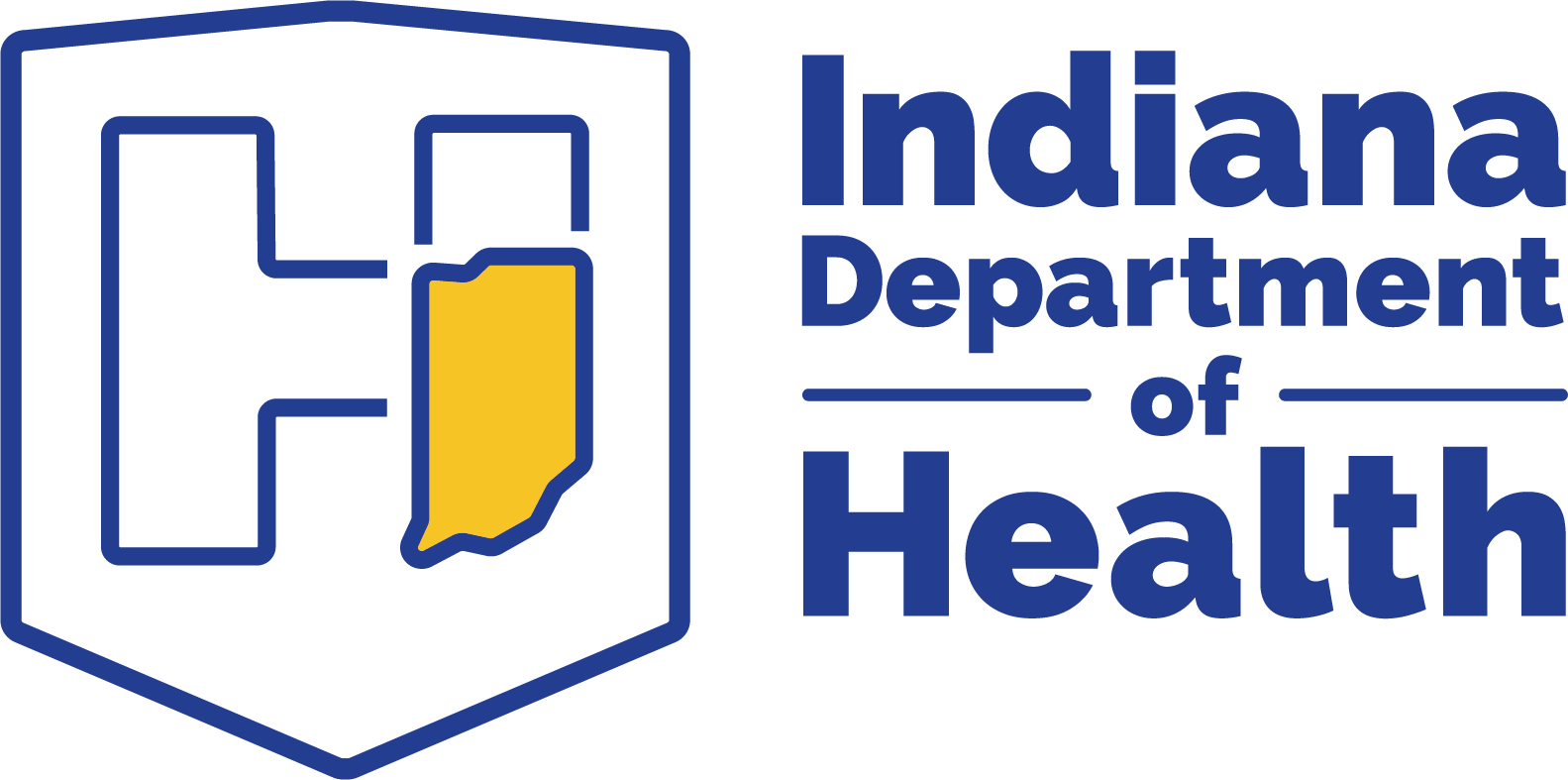
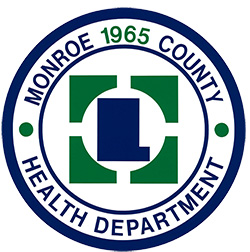
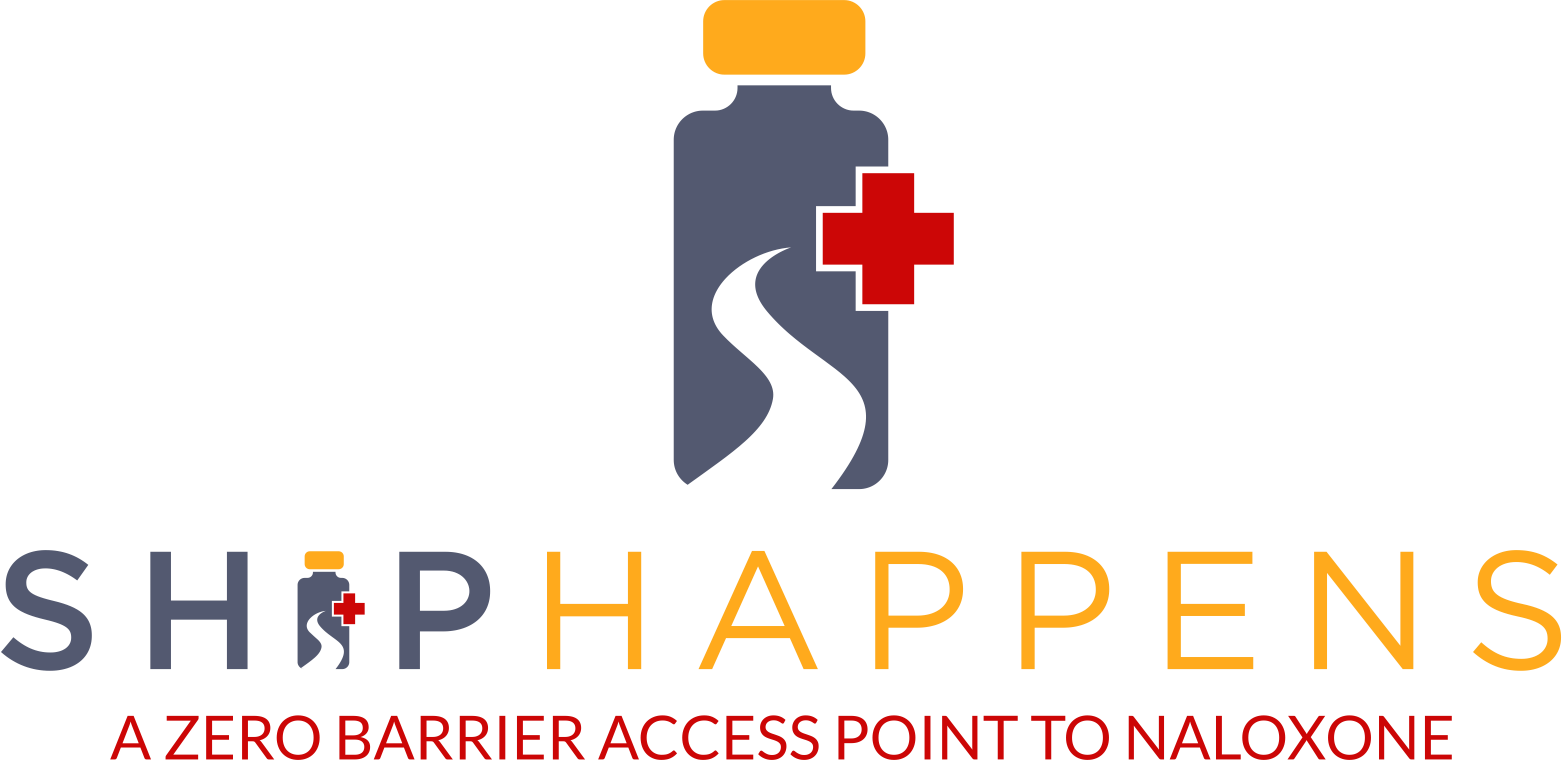

Project Title: Developing and Testing the Opioid Rapid Response System
This project is supported by the National Institute on Drug Abuse of the National Institutes of Health under Award Number R41DA053078. The content is solely the responsibility of the principle investigators (Hecht, Henderson, Jayawardene) and does not necessarily represent the official views of the National Institutes of Health.


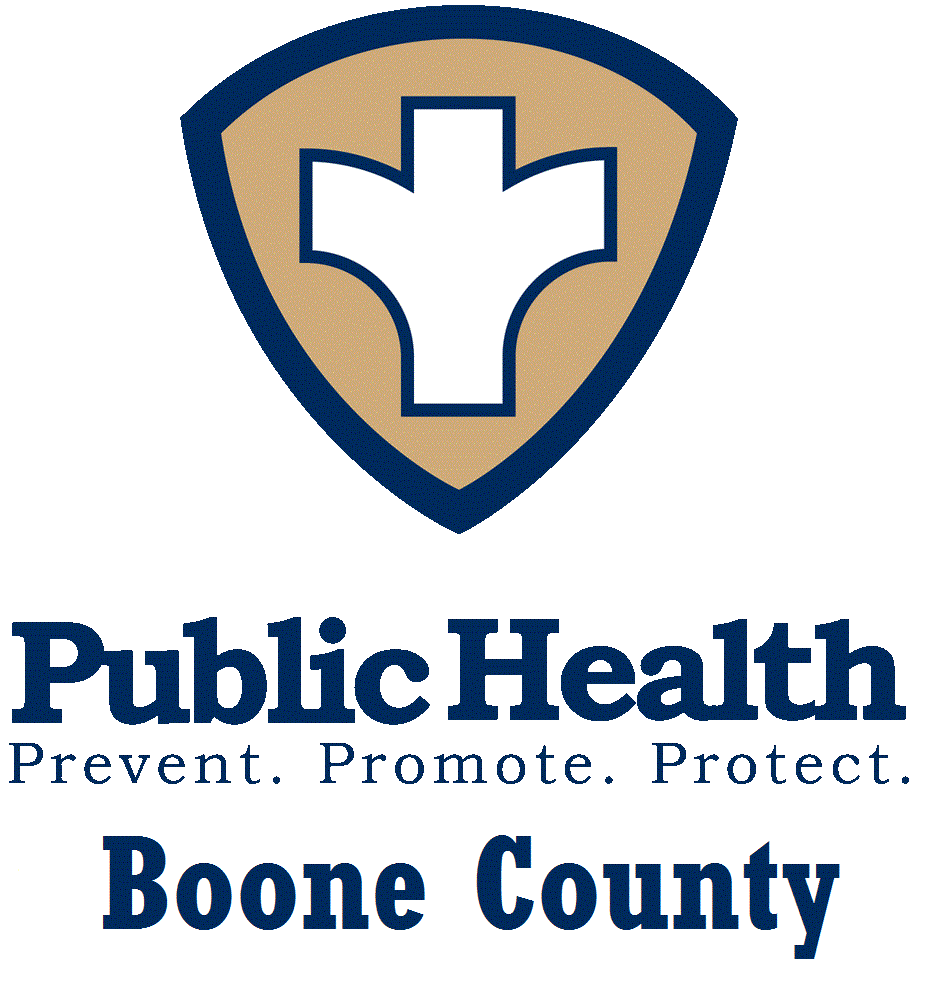
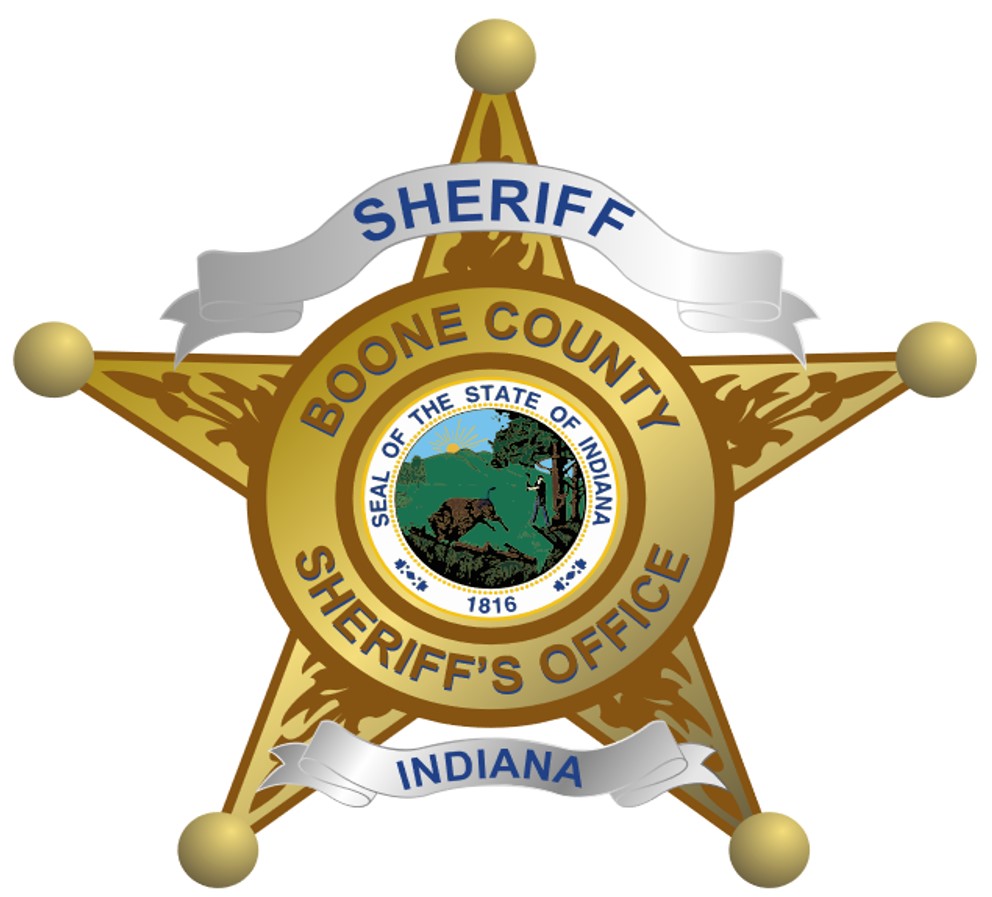
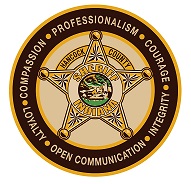



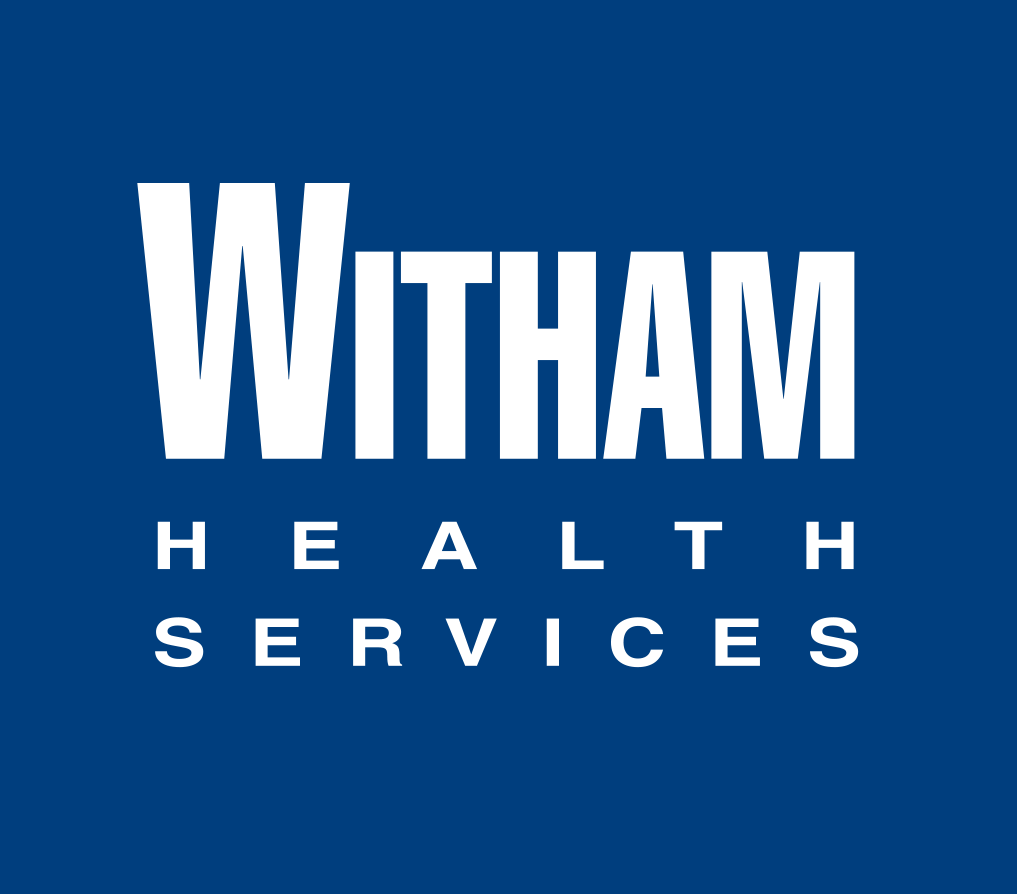


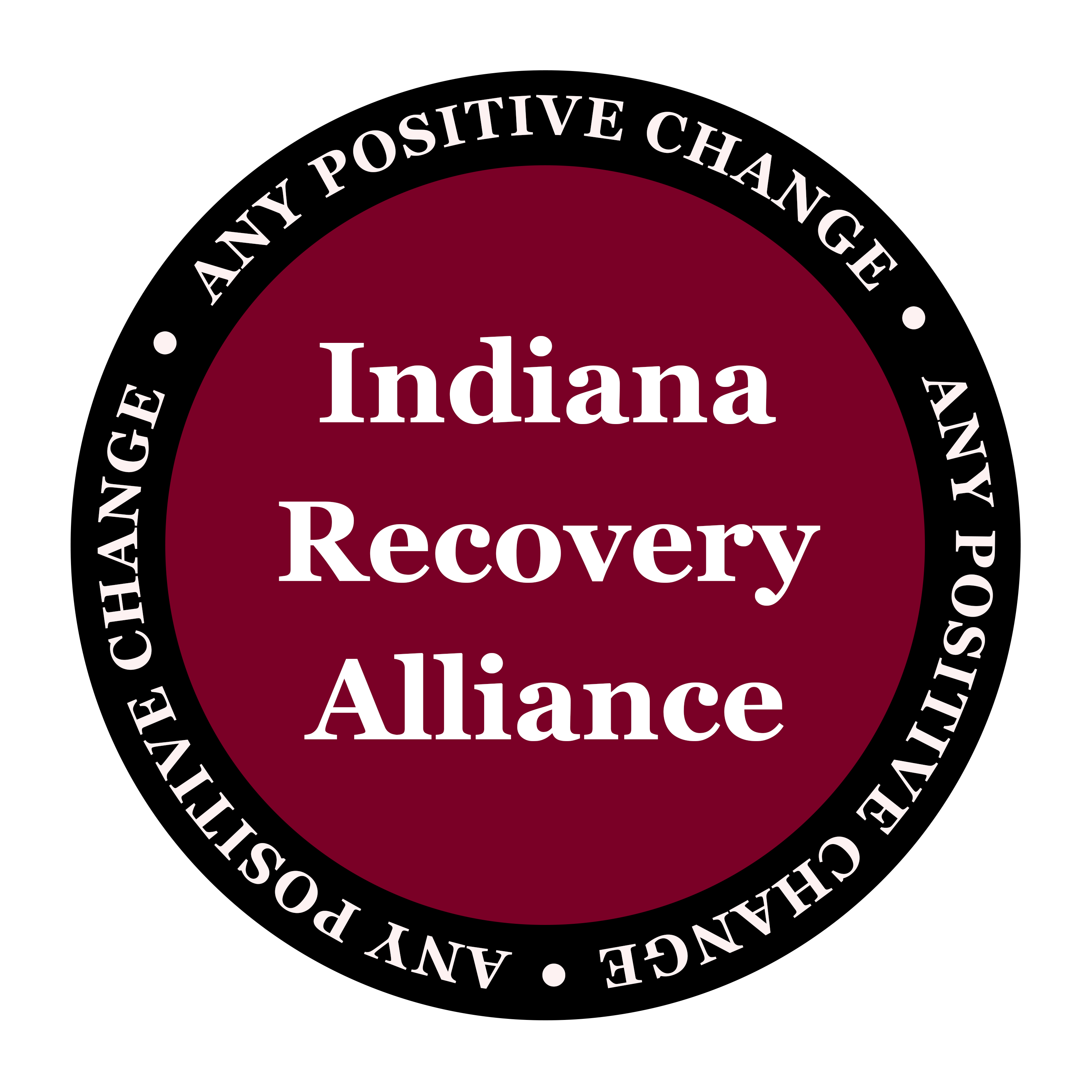
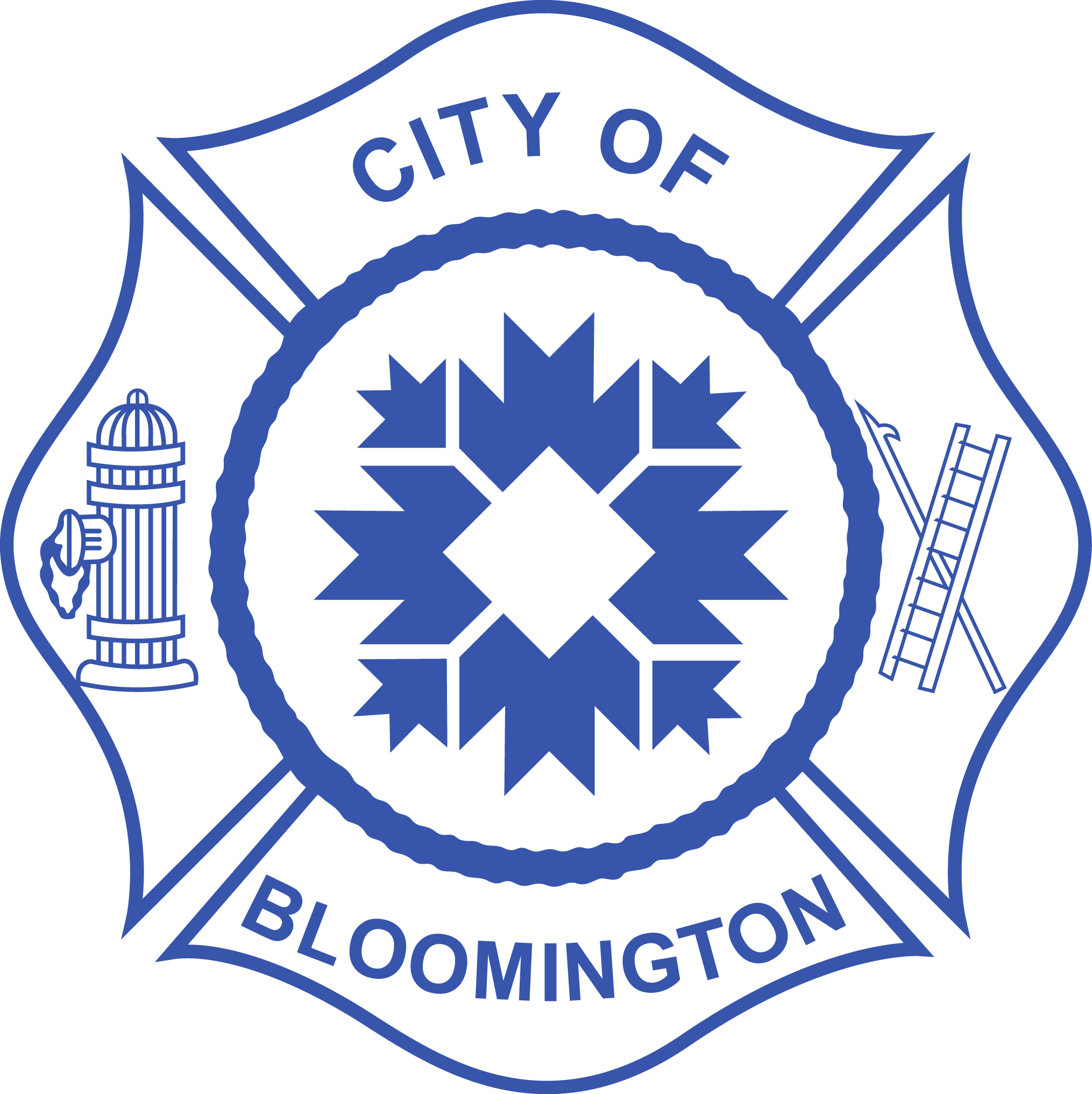

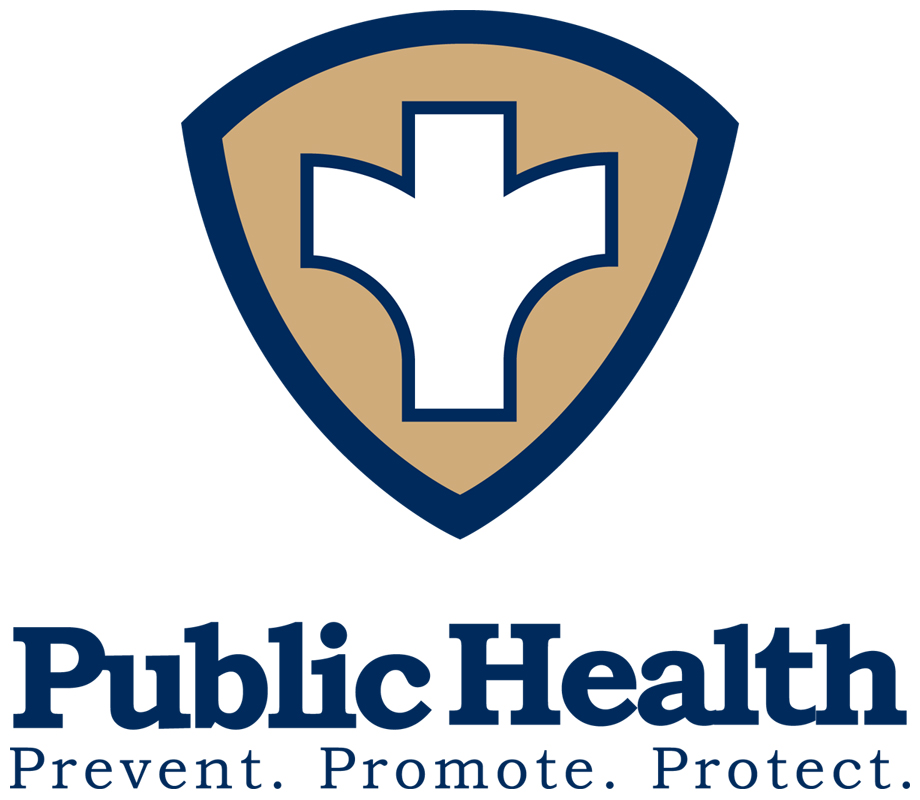
.jpg)
